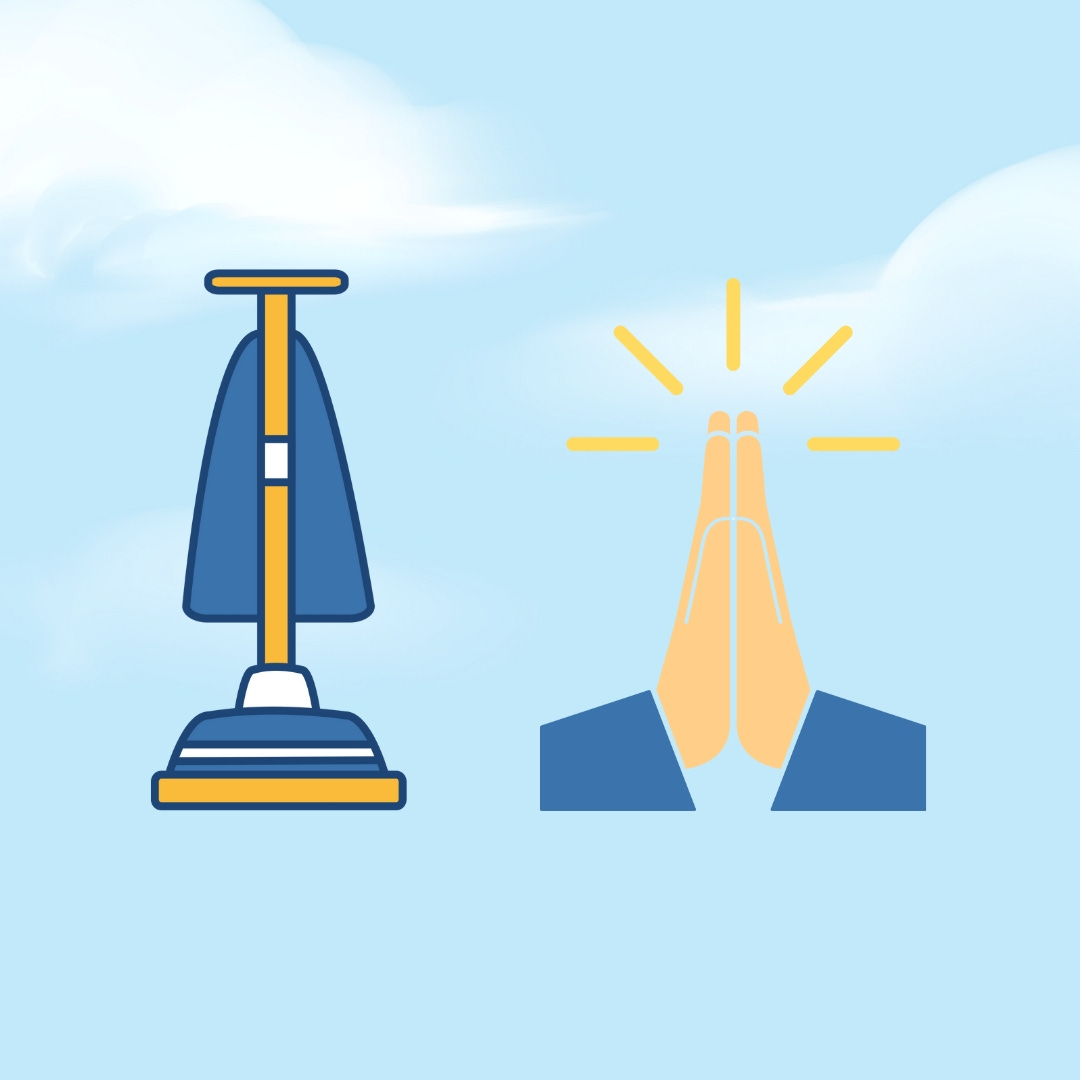I want to pray like a 1940s housewife
Getting inspiration from Catherine Marshall
As I walked in the early morning hours today, heaven seemed to rack its shot and pull the world from darkness to light, cuing the sunrise. With each step I mulled a thought. It pulled into focus just as the world around me moved from sepia tones to full colour: How should I pray?
Hold that thought. And now travel back with me to a long ago decade for a q…



